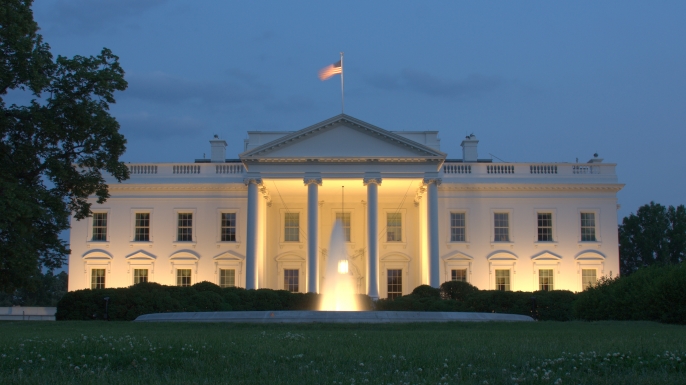I have been talking recently to several people who share my interest in the chivalric virtues of courtesy and franchise. My methodology has been pretty crude, largely restricted to looking at scholarly dictionaries in English and French, and reflecting on my own experiences of those languages (but mainly English).
It makes sense to me to trace courtesy back to "court" meaning an enclosed space, a farmyard or a courtyard. The same word designates a judicial institution, so the court is an enclosed space under the control of some kind of superior authority. Go back to that recent article on the British kingdom of Rheged and the reconstruction of its capital in northwestern England. There is exactly one building in that royal settlement that is big enough to have a court(yard).
Court can also mean the business that takes place in such a space, or the institutions that provide the context for legal business.
But legal and political business are not the only things that take place in an enclosed space under superior authority. The people who have such authority also have the wealth and prestige to support a distinct culture. Says Froissart in his description of the court of Foix:
David M. Parry would have us think about court culture in connection with Trump. Is America growing a court culture? Ask Alexis de Tocqueville. (Someone worth reading any time if you haven't done so already.)In short, everything considered, though I had before been in several courts of kings, dukes, princes, counts, and noble ladies, I was never at one which pleased me more, nor was I ever more delighted with feats of arms, than at this of the count de Foix. There were knights and squires to be seen in every chamber, hall and court, going backwards and forwards, and conversing on arms and amours. Every thing honourable was there to be found. All intelligence from distant countries was there to be learnt; for the gallantry of the count had brought visitors from all parts of the world. It was there I was informed of the greater part of those events which had happened in Spain, Portugal, Arragon, Navarre, England, Scotland, and on the borders of Languedoc; for I saw, during my residence, knights and squires arrive from every nation. I therefore made inquiries from them, or from the count himself, who cheerfully conversed with me.
If you like to play linguistics on the amateur level, get hold of the Oxford English Dictionary and read the many, many meanings that the word "cheer" has had over the centuries. A good word to think about in connection with the 14th century.


No comments:
Post a Comment